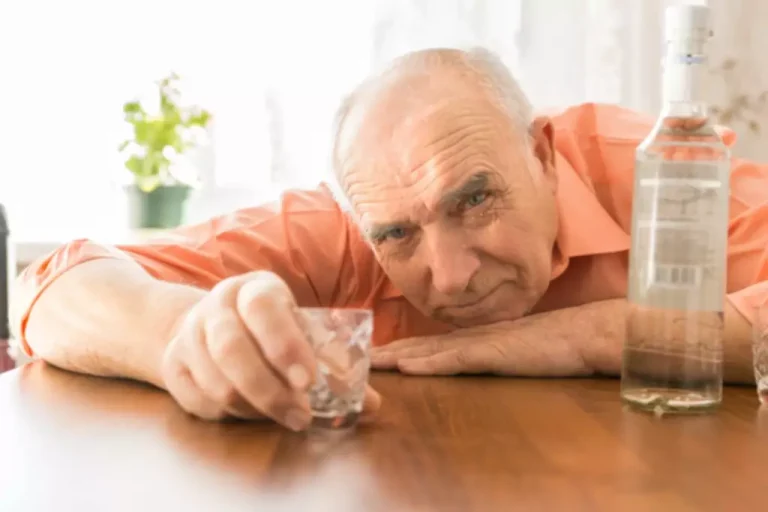Address
304 North Cardinal St.
Dorchester Center, MA 02124
Work Hours
Monday to Friday: 7AM - 7PM
Weekend: 10AM - 5PM

Although genetic factors influence the risk of having migraine, environmental triggers can cause episodes or increase their frequency. In many cases, researchers say it’s more a matter of individual triggers or other factors that coincide with your alcohol consumption, like stress. You could get a headache within 30 minutes to 3 hours of drinking. Some people only sip a glass or two of wine before their head starts to throb. It has been suggested that a tendency to experience alcohol-induced headaches could be genetic. Migraines in general have been linked to variations in genes, especially those that regulate blood flow to the brain.
But according to Waterhouse and Devi, the amount of milligrams of sulfites in wine — 20 milligrams in a single glass — are unlikely to be enough to overwhelm the body’s sulfite oxidases. Waterhouse and Devi measured how quercetin slows down the process of the enzyme ALDH breaking down acetaldehyde, which is produced in the human body when breaking down alcohol. Moore says that there may not be a safe amount to drink, and this corresponds with the latest advice from the World Health Organization.

Migraine is more common, affecting around 12% of people in Oxford House the United States. This leads to excessive urination and dehydration, which may cause a headache after a small amount of alcohol. For example, on average, females tend to weigh less than males. Individuals with lower body weights cannot process as much alcohol as individuals at higher weights. In other words, the only real way out of a hangover is through.

Monosodium glutamate (MSG) is a flavor enhancer commonly added to processed foods, Asian cuisine, and restaurant alcohol and headaches dishes. It enhances the savory umami flavor, making foods taste richer and more appealing. While MSG is generally recognized as safe by various health organizations, some individuals report adverse reactions, including headaches, after consuming MSG.

This article will use the terms “male,” “female,” or both to refer to sex assigned at birth. Ria Health offers several FDA-approved medications for alcohol use disorder. When combined with counseling, this approach is proven highly https://ecosoberhouse.com/ effective.
Mango, thyme, ginger, and asparagus are known to contain helpful properties for this purpose. No content on this site, regardless of date, should ever be used as a substitute for direct medical advice from your doctor or other qualified clinician. Hard liquors like rum and vodka are less commonly involved in a headache. The tables below group alcohol types by the amount of these additives. Individuals from different ethnic backgrounds may have variable sensitivity to alcohol.

Whenever one comes on, jot down what you last ate, how much sleep you got, what the current environmental factors are, and anything else that may help you to find out what the cause is. This will help your doctor isolate the cause of your migraine and your triggers. For some people that also includes alcohol, maybe just certain kinds. National Library of Medicine, one-third of migraine sufferers point to alcohol as a trigger.

Additionally, dehydration can lead to electrolyte imbalances, disrupting nerve function and further exacerbating headache symptoms. Electrolytes such as sodium, potassium, and magnesium play crucial roles in nerve signaling and muscle function, and their imbalance can contribute to headache onset. Caffeine is a widely consumed stimulant found in coffee, tea, soda, and energy drinks. It’s celebrated for its ability to enhance alertness, concentration, and even physical performance. Caffeine works by blocking adenosine receptors in the brain, which helps reduce the feeling of tiredness. However, like many substances, caffeine has a dual nature—it can be both beneficial and detrimental depending on how it’s consumed.